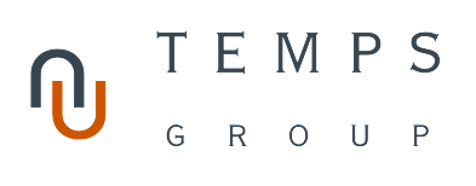Mastering the Art of Job Interviews: Essential Dos and Don'ts for Success
Job Interviews
YOUTH EMPLOYMENT
NuTemps HR
3/1/20252 min read


Introduction to Job Interviews
Preparing for a job interview can be a daunting task for many candidates. Whether you are a seasoned professional or a recent graduate, understanding the key dos and don'ts can greatly enhance your chances of success. This article aims to provide clear guidance on how to effectively prepare for a job interview, ensuring that you make a positive impression on potential employers.
The Dos of Job Interview Preparation
To kick off our exploration, let's delve into the essential dos when preparing for a job interview:
- Research the Company: Before attending the interview, take the time to research the company extensively. Understand their mission, values, and culture. This knowledge will not only help you tailor your responses but also show your genuine interest in the organization.
- Practice Common Interview Questions: Rehearsing answers to typical interview questions will instill confidence in you. Consider questions such as, 'What are your strengths?' and 'Describe a challenge you faced and how you handled it.' Practicing out loud can help you articulate your thoughts clearly.
- Dress Appropriately: First impressions matter. Dressing appropriately signifies professionalism and respect for the interview process. Choose attire that aligns with the company culture while also making you feel confident.
The Don'ts of Job Interview Preparation
Equally important to note are the common pitfalls to avoid when preparing for a job interview:
- Don't Be Late: Punctuality is paramount. Arriving late not only reflects poorly on your time management skills but also may result in a rushed interview. Plan to arrive early, allowing yourself time to gather your thoughts and relax before the meeting.
- Don't Speak Negatively About Past Employers: Maintaining a positive demeanor is crucial. Speaking negatively about past employers or experiences can raise red flags for interviewers, suggesting that you may carry a negative attitude into future workplaces.
- Don't Forget to Ask Questions: An interview should be a two-way conversation. Prepare thoughtful questions that demonstrate your initiative and curiosity about the company and role. This can highlight your genuine interest and help you determine if the position aligns with your goals.
Conclusion: Perfecting Your Interview Skills
In conclusion, preparing for a job interview involves a detailed understanding of both the dos and don'ts that can significantly influence your performance. By conducting thorough research, practicing common questions, and adhering to essential etiquette, you can increase your chances of success. Avoiding potential missteps, such as tardiness and negative remarks, can further enhance your professionalism. By mastering these strategies, you position yourself as a strong candidate in the competitive job landscape.
© 2025. nutemps Ltd. All rights reserved.
Registered in England and Wales. Registered Address: Nutemps Ltd 128 City Road, London, United Kingdom, EC1V 2NX. Company Number: 16005969
Recruitment Office: Beaconsfield, Buckinghamshire, United Kingdom
Menu
Forms
Privacy and Legal
Our Sectors
Temporary Staffing Solutions
- Accounting and Finance
- Human Resources
- Admin & Office Support
- Customer Service & Reception
- Education
